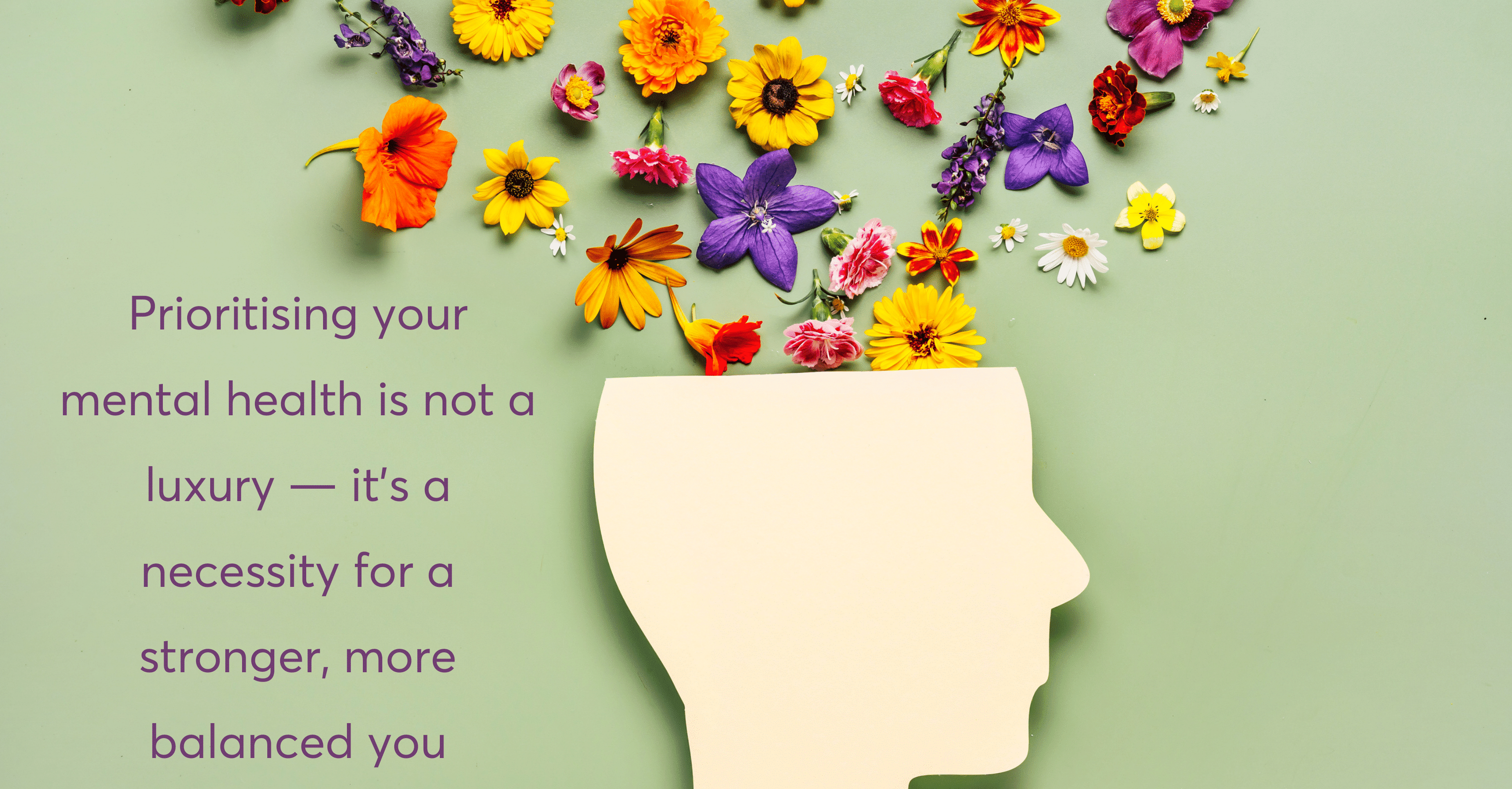
Mental health affects everyone, but for women, the experience often comes with unique challenges. Women working in male-dominated fields face constant pressure to prove themselves while striving to be competent, composed, and resilient. At the same time, they are expected to manage family, relationships, and personal responsibilities with strength and grace — often without enough space to care for their own wellbeing. Society places high expectations on women, and the emotional burden can become overwhelming. Women’s mental health is shaped by a mix of biological, psychological, and social factors. Hormonal changes throughout a woman’s life — such as during menstruation, pregnancy, postpartum, and menopause — can influence mood, stress tolerance, and emotional stability. These are natural changes, but they are often ignored in discussions about mental health.
Alongside these biological factors, many women carry a heavy mental load. Whether they are balancing a career with family life or taking on caregiving roles, women often feel pressure to do it all. This can lead to stress, anxiety, and burnout. Unfortunately, emotional struggles are still misunderstood or stigmatised, making it difficult for many women to speak up or seek help.
Why It Matters
Supporting women’s mental health is not just a personal issue — it is a public, social, and workplace concern. Poor mental health can affect physical health, job performance, and relationships. On the other hand, when women are mentally well, they are more likely to thrive, contribute meaningfully in their roles, and lead balanced lives. Investing in mental well-being is a step toward healthier families, stronger communities, and more inclusive work environments.
Recognising the Challenges
Many women may not show visible signs of emotional struggle, but that does not mean they are not affected. Common signs include ongoing fatigue, low mood, loss of motivation, irritability, and difficulty coping with daily tasks. These signs should not be dismissed. Creating safe spaces for women to express themselves and access support can prevent more serious mental health issues from developing.
Creating a Supportive Workplace Culture
Workplaces play a key role in promoting mental wellbeing. In male-dominated environments, women may feel isolated or under pressure to constantly perform. A supportive workplace culture can make a significant difference.
Practical steps include:
1. Encourage open conversations about mental health to reduce stigma.
Example: Organisations can host regular wellbeing talks or awareness campaigns during Mental Health Week. Creating peer-support groups or appointing mental health champions can also help normalise these conversations in everyday work s
2. Offering flexible work options to support work-life balance.
Example: Employers can introduce options like remote working, flexible start and end times, or reduced hours during specific life stages, such as pregnancy or when returning from maternity leave.
3. Providing access to counselling and wellbeing programs.
Example: Companies can offer free or subsidised sessions with mental health professionals, set up Employee Assistance Programmes (EAPs), or give staff access to mindfulness, yoga, or stress management workshops.
4. Training managers and leaders to recognise and respond to mental health needs.
Example: Supervisors can be trained to spot early signs of burnout or emotional distress and to respond in a supportive and non-judgmental way. Training can also cover how to initiate sensitive conversations and guide employees toward available resources.
5. Promoting equal opportunities for women to lead and grow within the organisation.
Example: Employers can ensure fair representation of women in leadership roles, offer mentorship programmes, and provide professional development opportunities that help women advance in their careers.
National Helplines in Malta
In Malta, there are several national helplines offering immediate support. Trained professionals are available to listen and help, no matter the time of day. If you or someone you know is struggling, you can reach out to:
1579 – Emotional Support Helpline
179 – Supportline for mental health, social, or domestic issues
112 – Emergency Services (for urgent or life-threatening situations)
These services are free and available 24/7. Whether it’s the middle of the day or late at night, help is just a phone call away.
Moving Forward
Women’s mental health must be recognised, respected, and supported. By understanding the unique challenges women face and taking steps to address them, we can create healthier environments where women are not just surviving, but thriving. Prioritising mental health — at home, in the workplace, and in society — benefits everyone.





